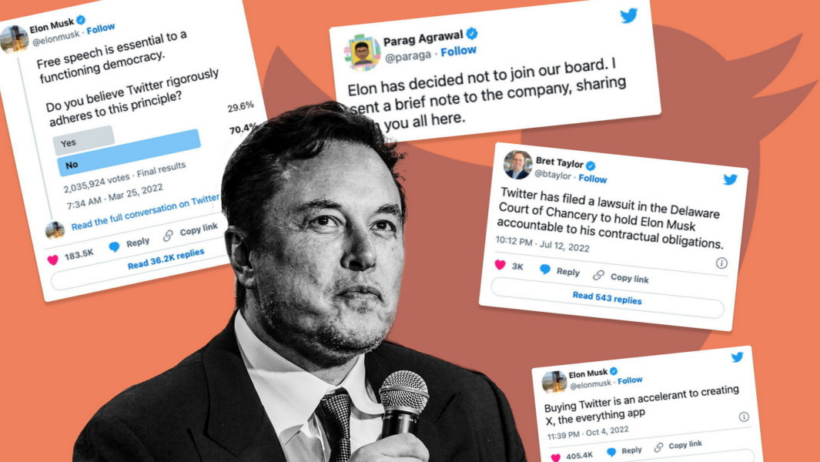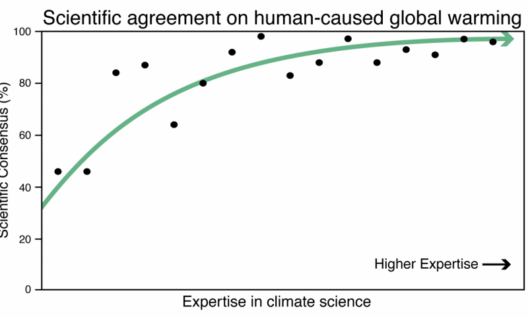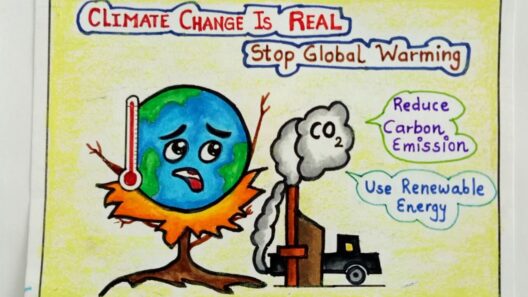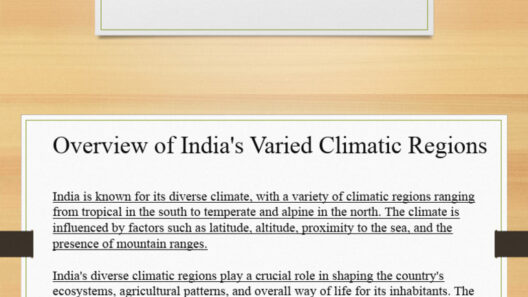In recent years, Elon Musk has emerged as a prominent figure in discussions surrounding climate change, primarily due to his role as the CEO of Tesla, Inc. The company’s mission is to accelerate the world’s transition to sustainable energy, ostensibly positioning Musk as a leading advocate for environmental stewardship. However, an in-depth analysis of Musk’s actions, tweets, and Twitter acquisition reveals a more nuanced picture that raises questions about the authenticity of his commitment to climate change initiatives.
Firstly, it is essential to explore Musk’s primary vehicle for environmental change: Tesla. The production and sale of electric vehicles (EVs) are undoubtedly a significant step toward mitigating greenhouse gas emissions and reducing reliance on fossil fuels. Tesla’s advancements in battery technology and renewable energy solutions—such as solar panels and energy storage systems—are commendable endeavors that reflect a progressive approach to combating climate change. The company has established itself as a leader in the EV market, providing consumers with an alternative to traditional gasoline-powered vehicles.
However, despite these laudable contributions, critics argue that the company’s operations are not without blemish. Tesla’s production processes, which rely on mining raw materials like lithium and cobalt, often result in environmental degradation and exploitative labor practices. These activities raise ethical concerns that conflict with the company’s green image. Thus, while Tesla may catalyze positive environmental behavior, its entire supply chain warrants scrutiny. Any thorough discussion of climate advocacy must consider the multifaceted impacts of creating and selling electric vehicles, beyond merely their tailpipe emissions.
Another notable facet of Musk’s environmental persona comes from his vocal support for measures aimed at combating climate change, such as carbon taxes. Musk passionately asserts that a carbon tax would encourage businesses to innovate in ways that benefit the environment. By placing a price on carbon emissions, companies would have a financial incentive to minimize their ecological footprints. This aligns with the economic principle of internalizing externalities, a critical tenet in contemporary environmental economics. Such opinions might render Musk as an ally to climate advocates; however, one must assess whether this is a consistent perspective or a stratagem to further his business interests.
Furthermore, Musk’s foray into social media, particularly Twitter, complicates the narrative surrounding his commitment to environmental policies. His tweets often oscillate between promoting Tesla’s EVs and making incendiary remarks that draw criticism for their perceived insensitivity to climate science. Following his acquisition of Twitter, questions emerged regarding whether Musk’s leadership on this platform aligns with the environmental principles he publicly supports. The tone and content of his tweets frequently reflect a tendency toward contrarianism, which can undermine the seriousness of climate debates. For instance, instead of engaging in constructive discourse, he has occasionally resorted to derision against those advocating for immediate action on climate change. This behavior raises doubts about whether his tweets serve an educative purpose or merely entertain.
The juxtaposition between Musk’s corporate responsibilities and his social media presence brings us to a crucial point: manifestations of climate concern can be disingenuous. Critics suggest that Musk often engages in greenwashing, a practice where companies promote an exaggerated perception of their environmental responsibility without substantial action to back it up. This becomes even more pronounced when one considers his complacency in social debates that are critical to environmentalist movements, such as the urgency surrounding climate change. Is Musk exploiting the climate crisis for personal gain rather than genuine concern? Given the complexities surrounding his methodologies and messaging, the answer is far from clear.
Moreover, Musk’s fluctuating stance on alternative cryptocurrencies, particularly Bitcoin, accentuates the tension between his green advocacy and corporate practices. Initially, he lauded Bitcoin as a revolutionary technology, only to subsequently shun it due to its substantial energy consumption and negative environmental effects. This abrupt pivot raised eyebrows, with many questioning if business interests dictated his decisions rather than a steadfast commitment to climate action. His paradoxical approach could be interpreted as prioritizing economic gain over environmental integrity, undermining Tesla’s purported green ethos.
In summary, the question of whether Elon Musk truly cares about climate change is complex. At face value, his ventures with Tesla and his advocacy for carbon taxes suggest a commitment to environmental issues. However, his actions and public statements often send mixed signals, leading to skepticism about his motivations. While one can appreciate the strides made in electric mobility and renewable energy, it is crucial to evaluate Musk’s overarching narrative critically. The dichotomy between Musk’s corporate actions and his social media rhetoric illustrates the broader struggle within the environmental movement to discern authentic advocates from opportunistic players.
Ultimately, climate change is an existential threat that requires coherence, sincerity, and commitment from those in influential positions. As such, expecting leaders—be they entrepreneurs like Musk or public figures—to embody genuine concern for the environment should not be relegated to mere rhetoric. A holistic evaluation of their actions is paramount in understanding the dynamics of their influence and the implications of their narratives. Only then can we hope to navigate the labyrinth of debates surrounding climate change effectively, fostering a more sustainable and equitable future for our planet.








